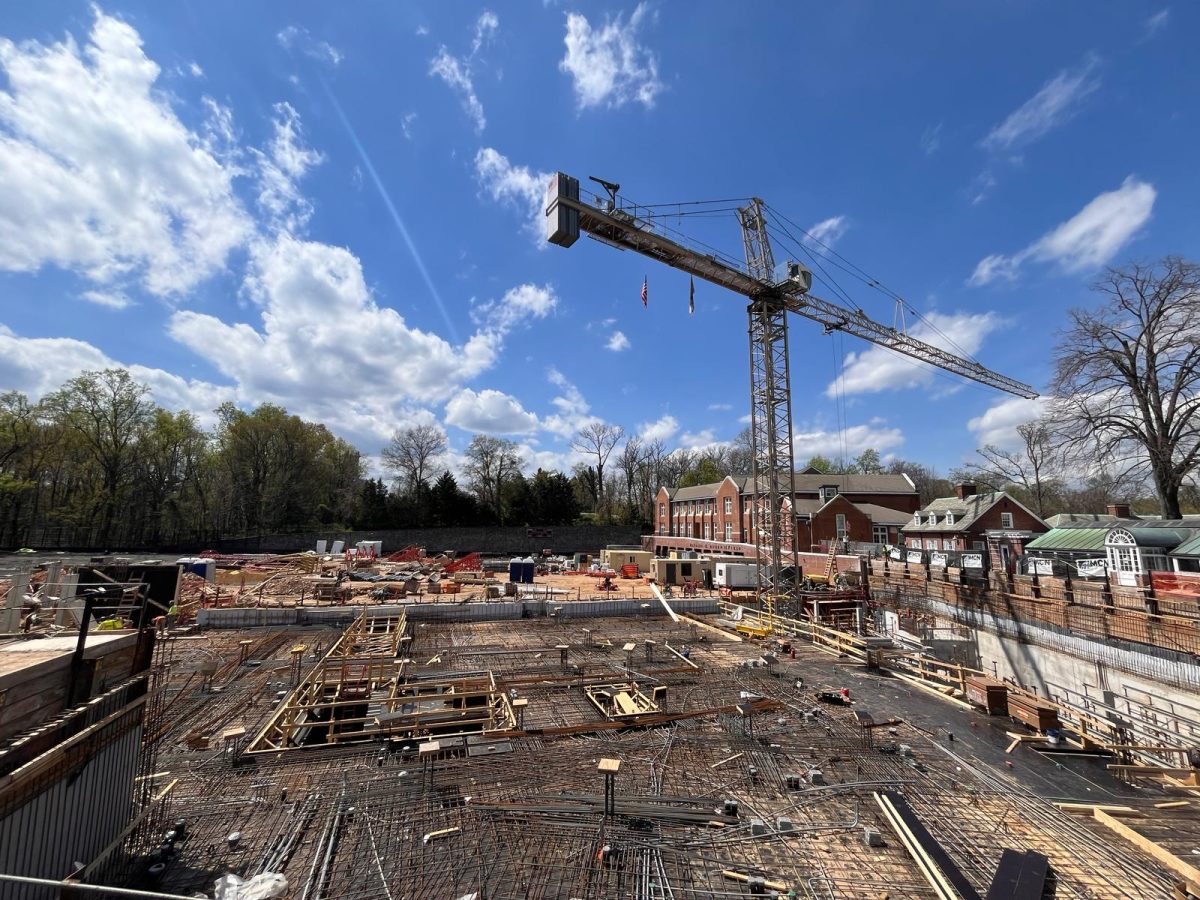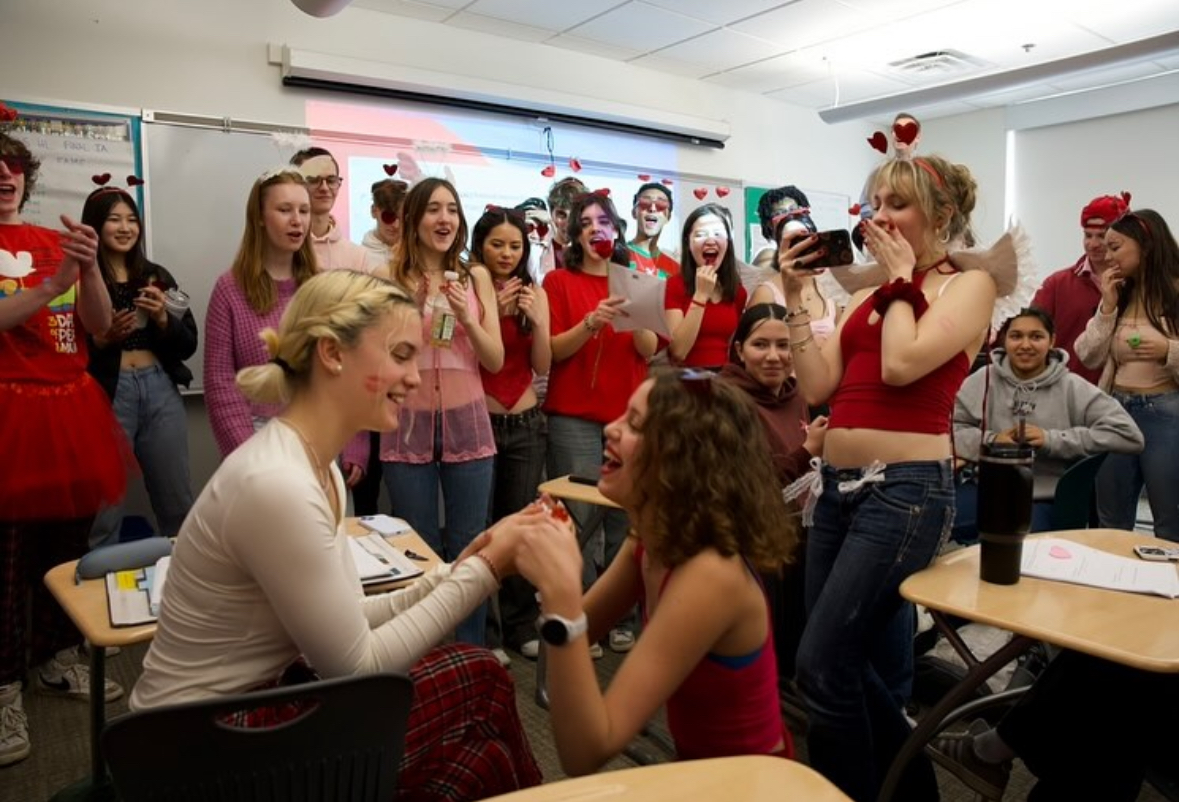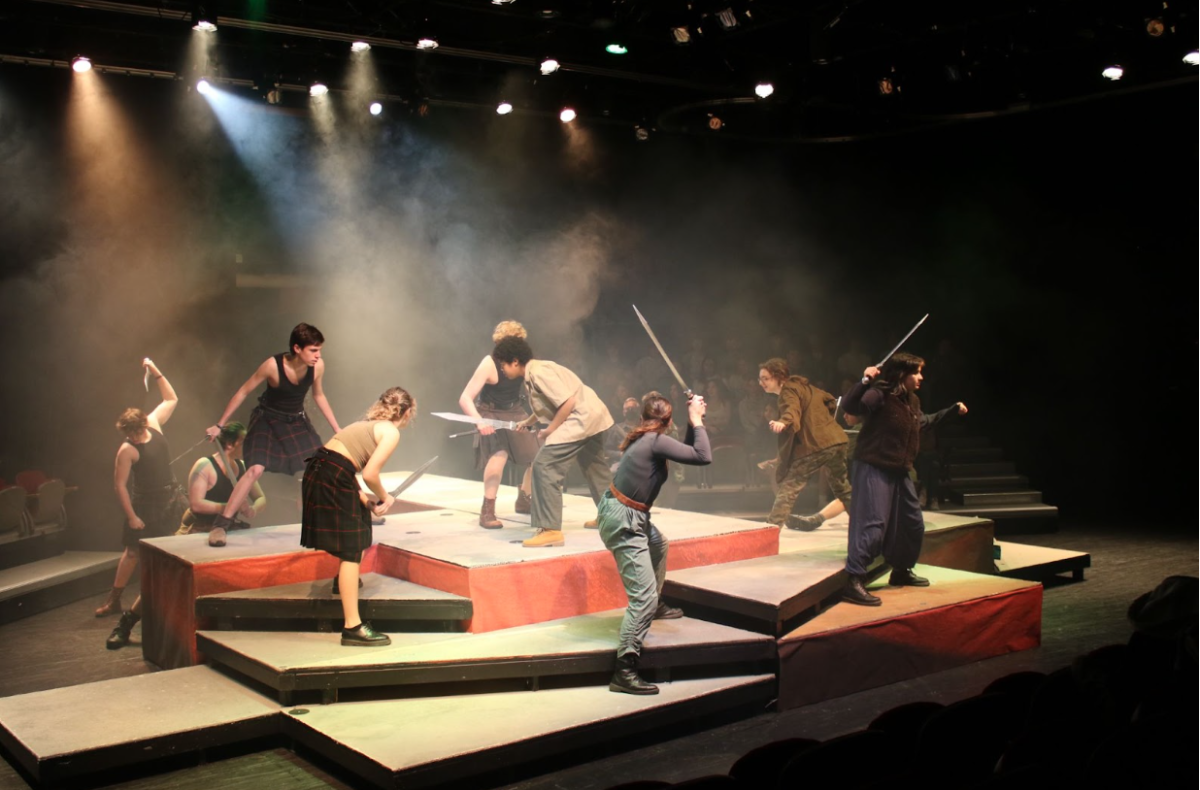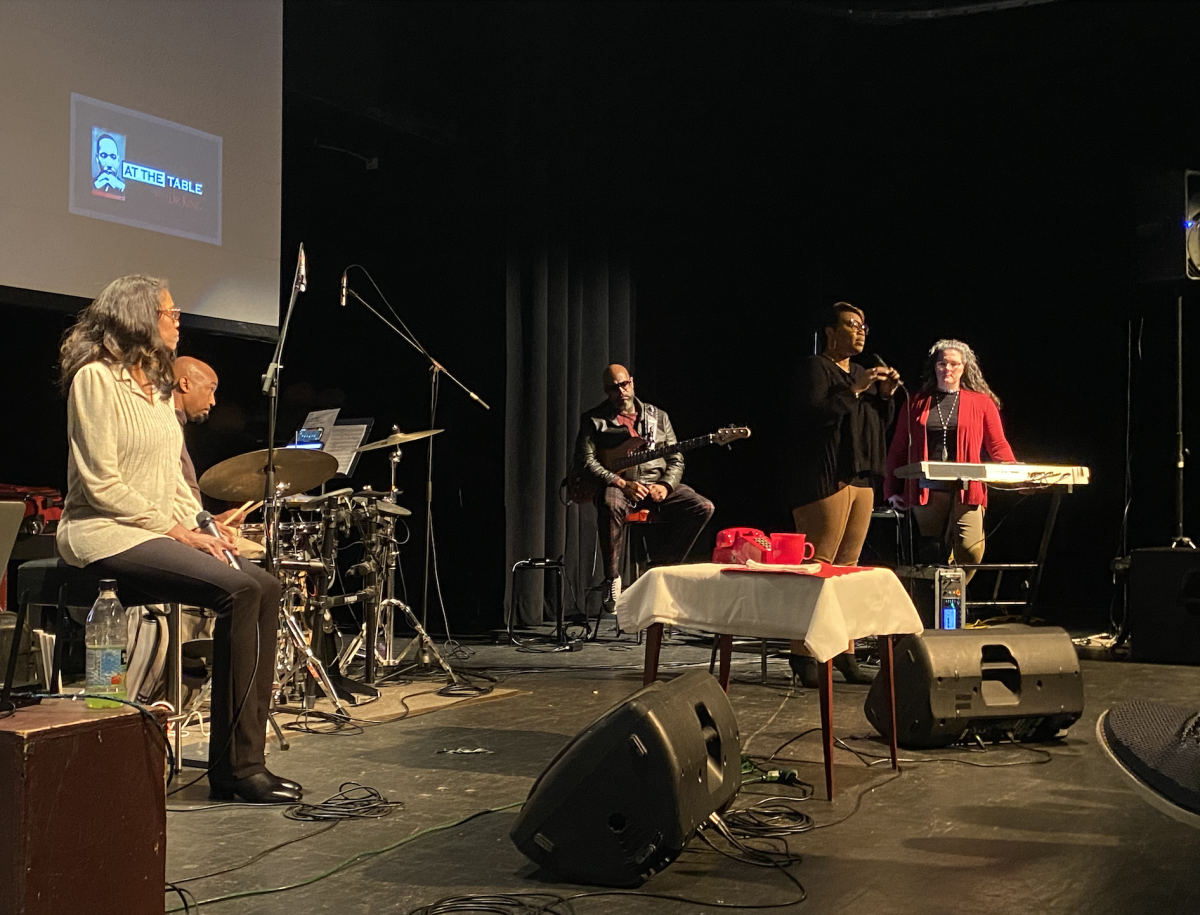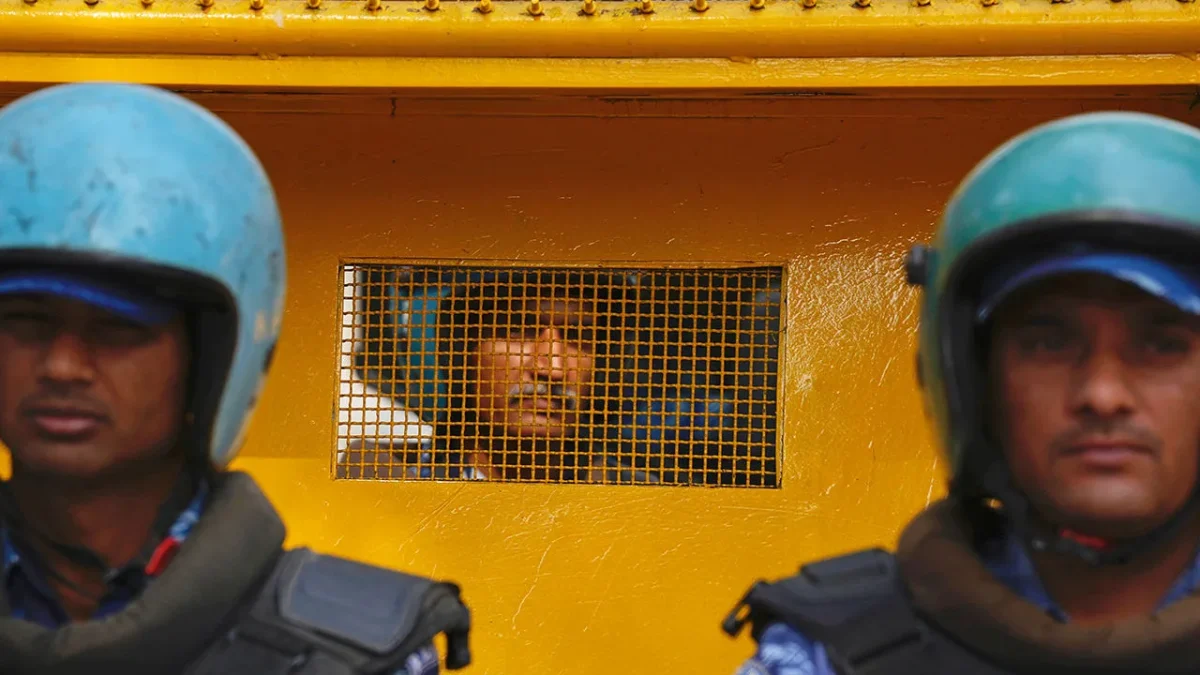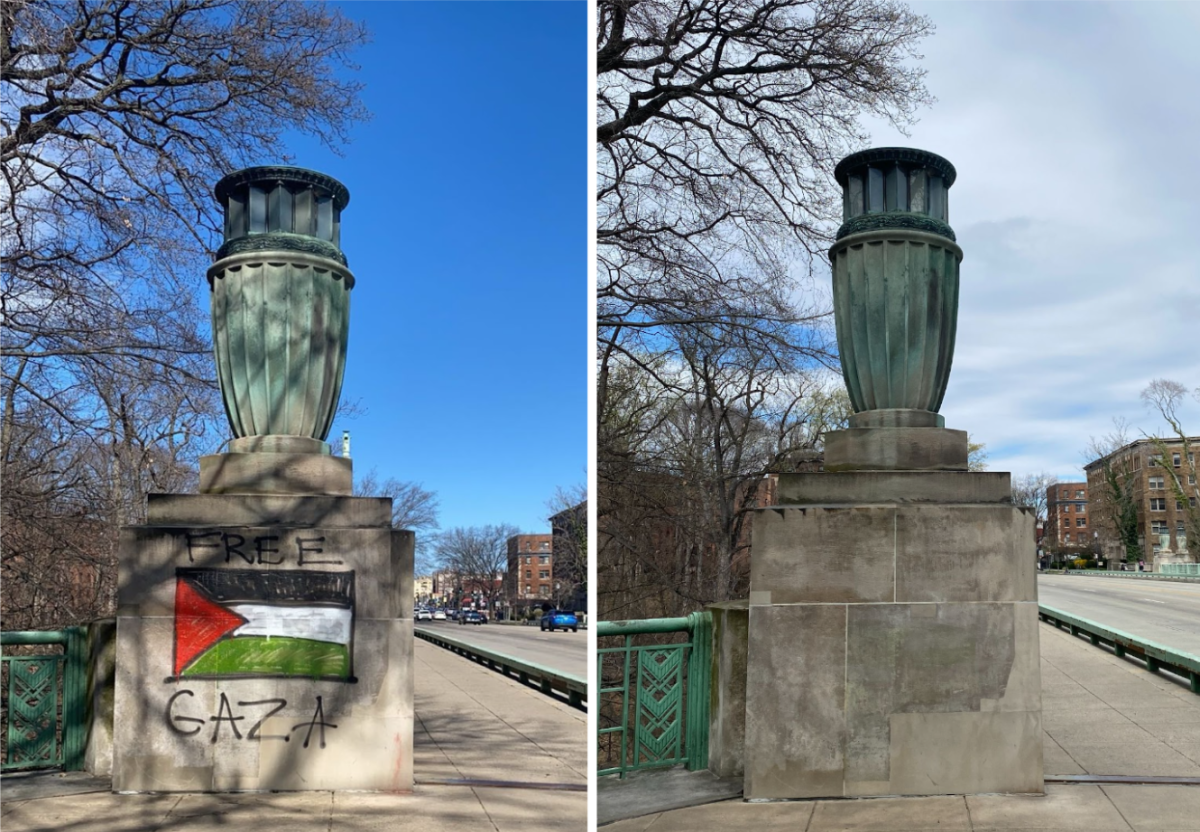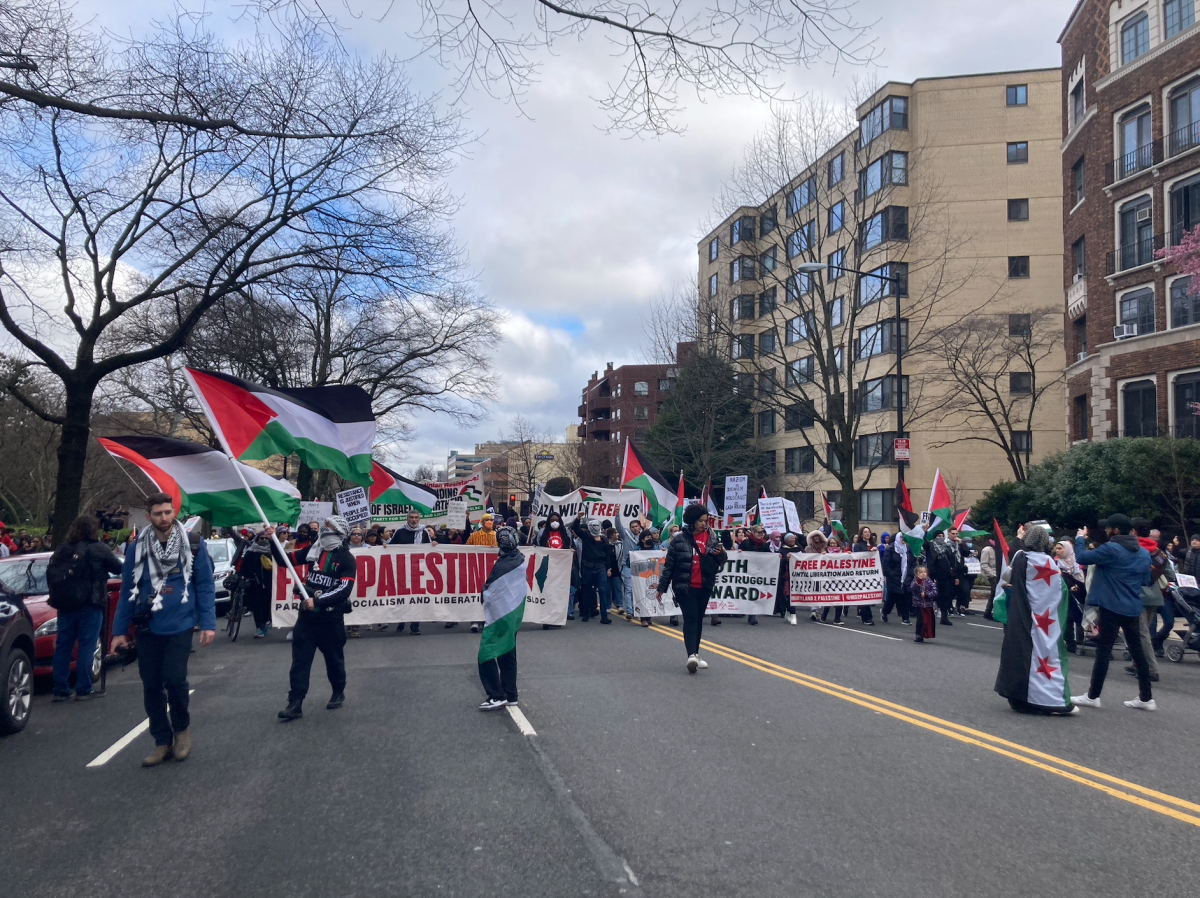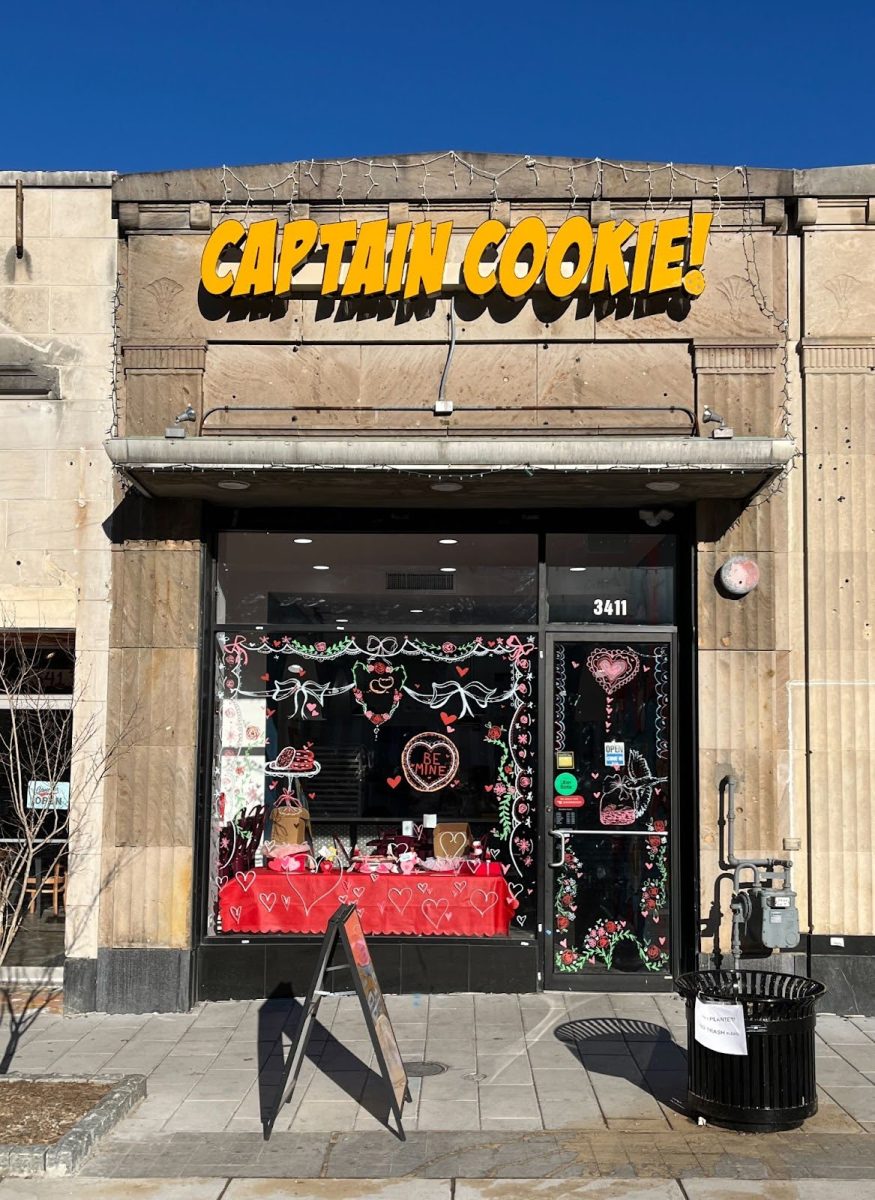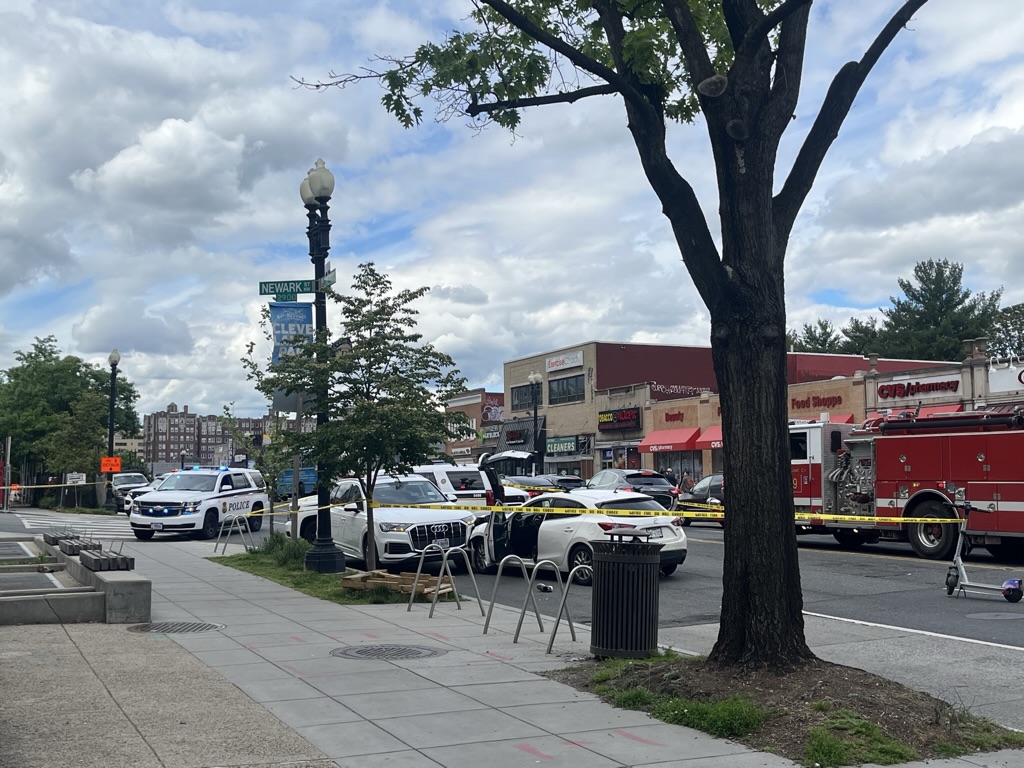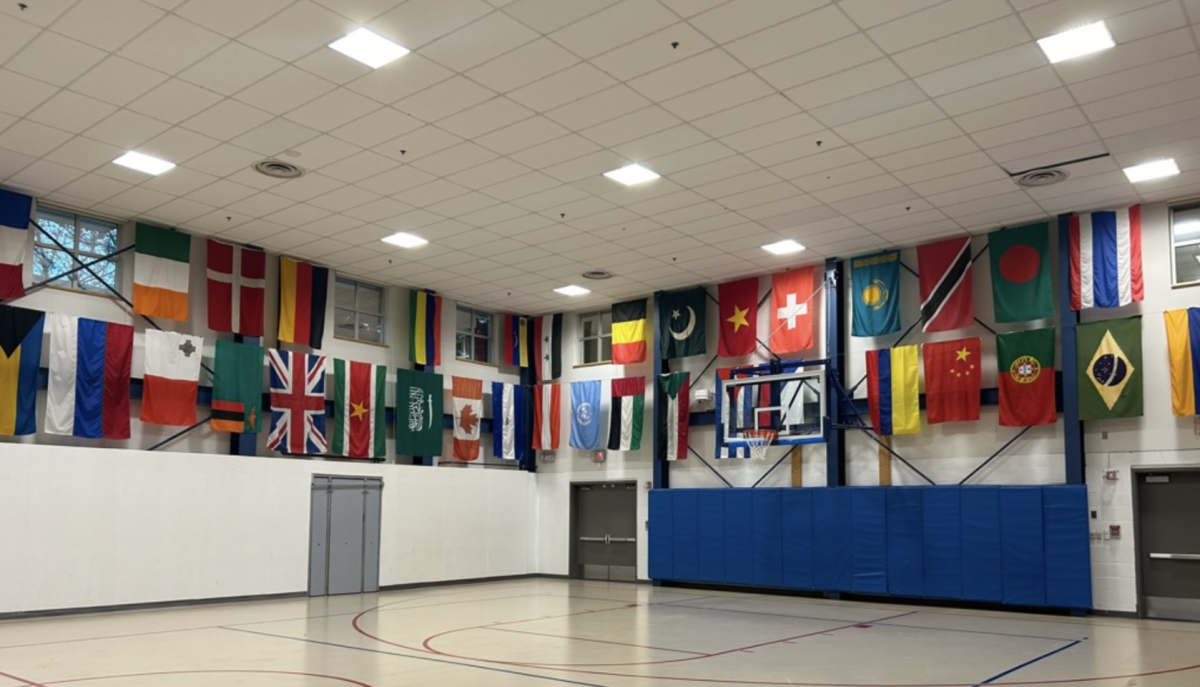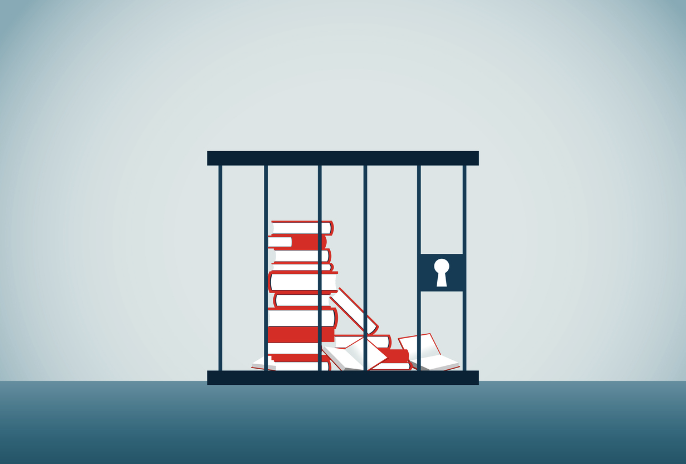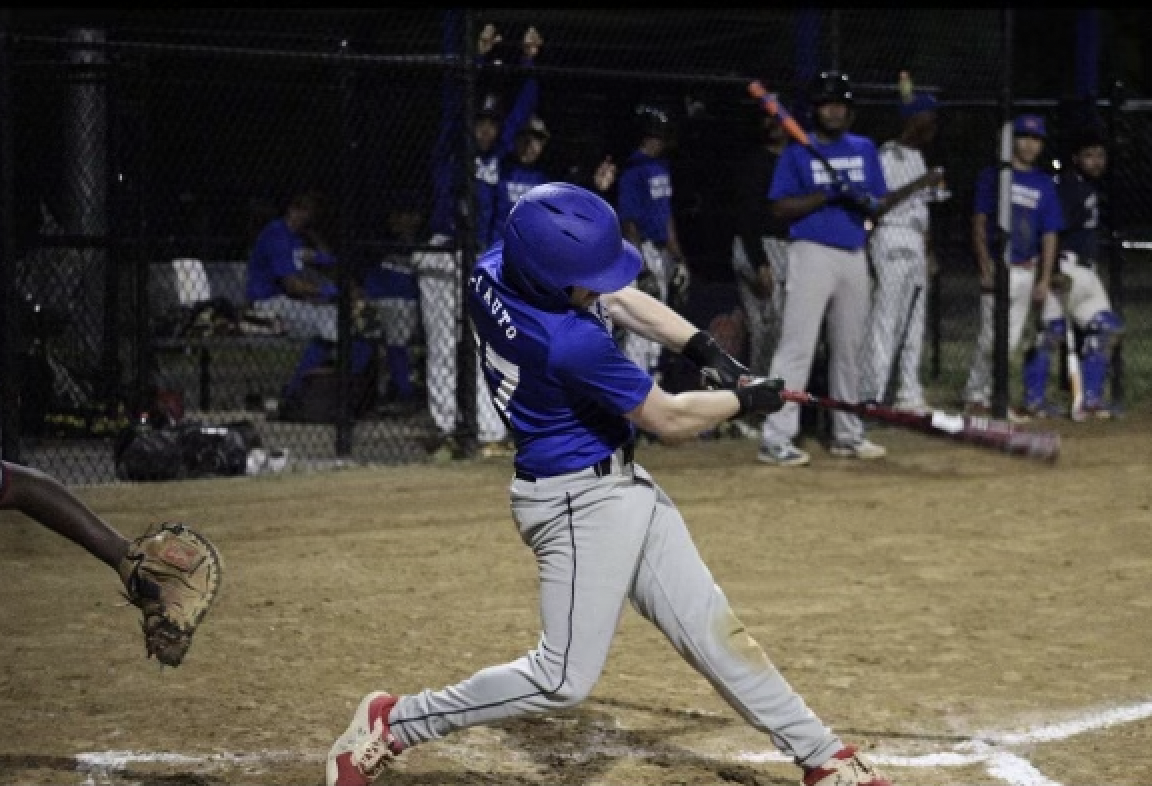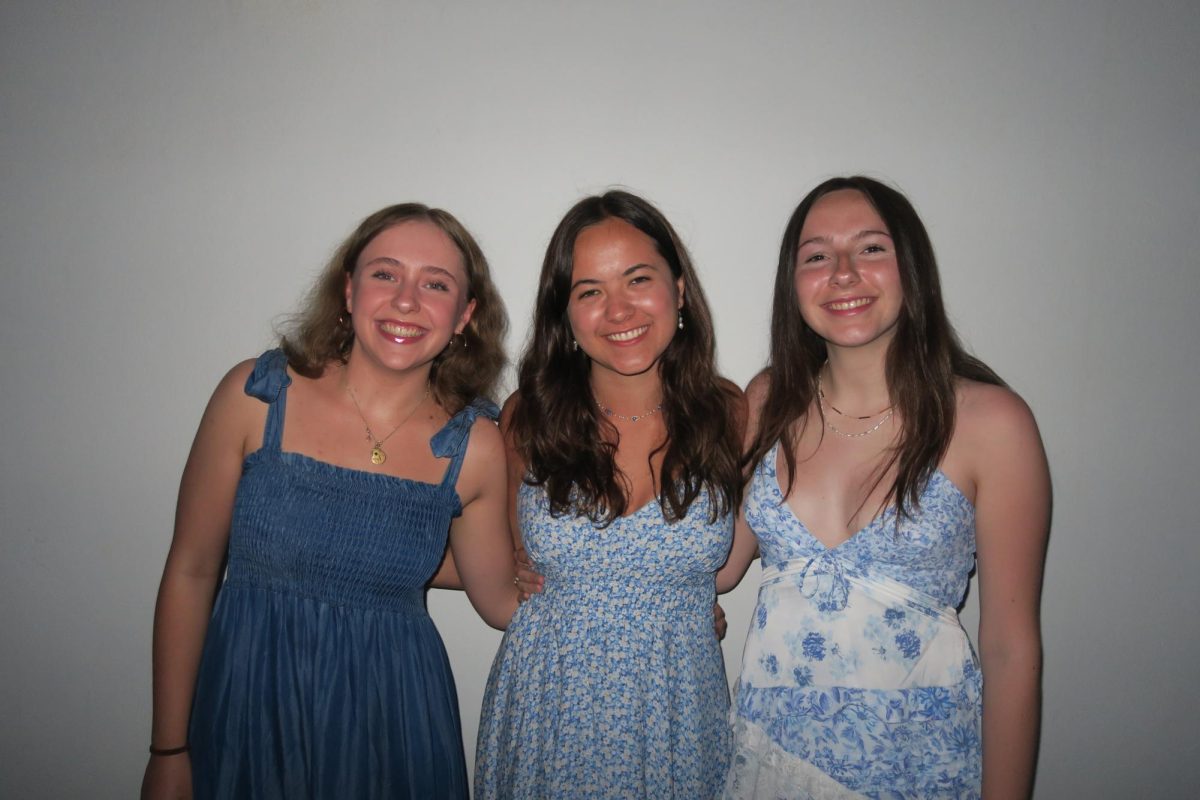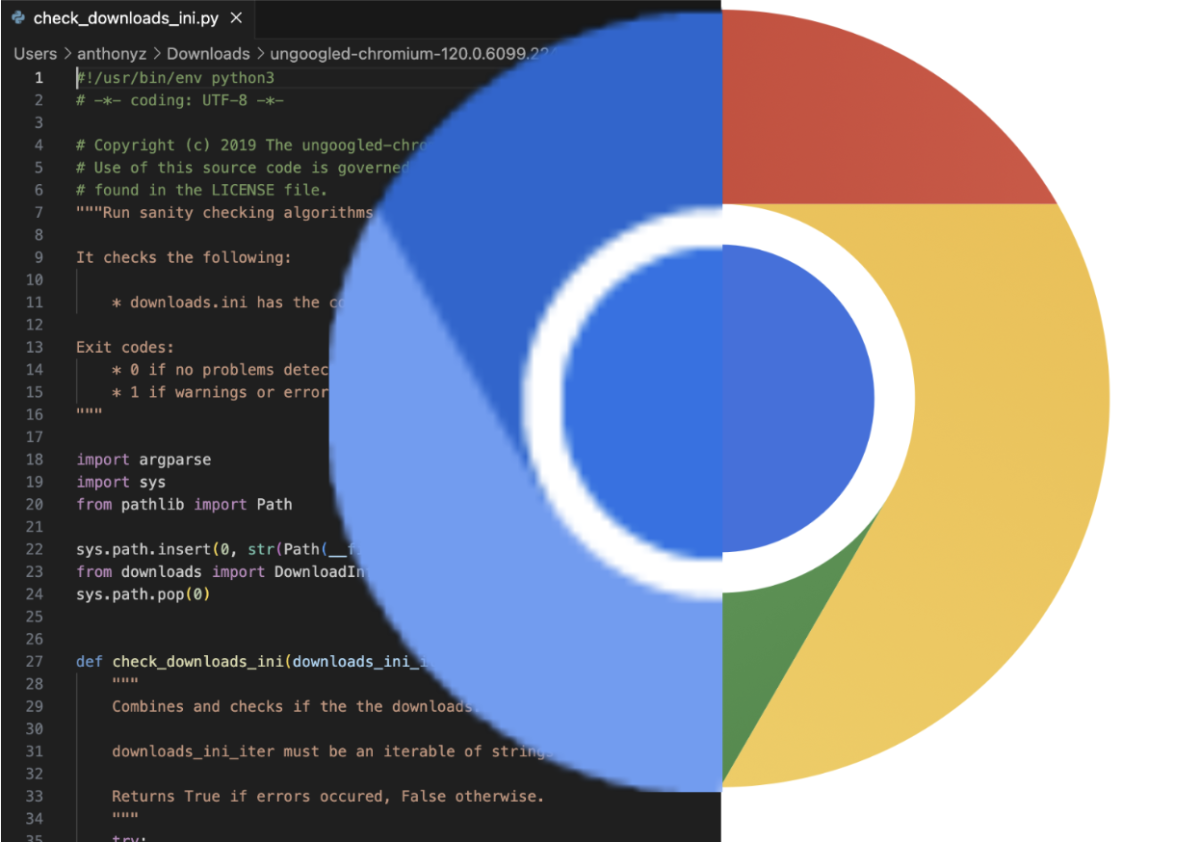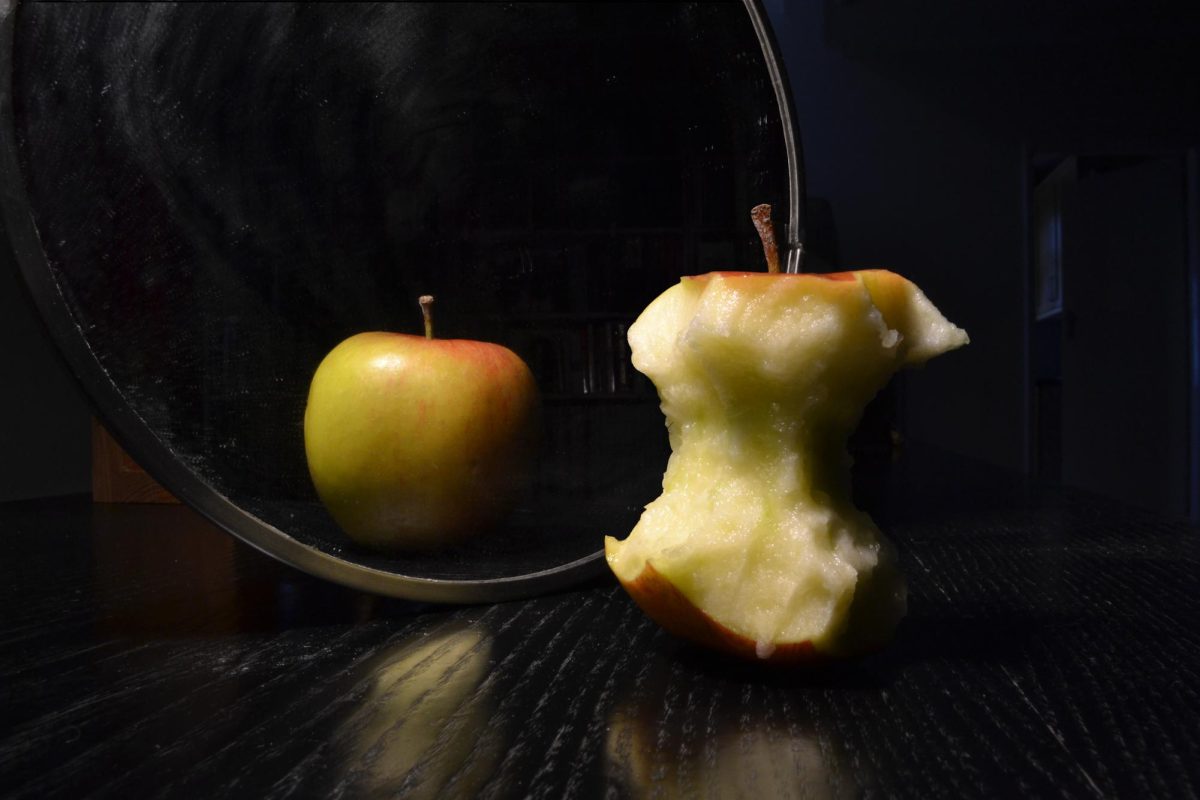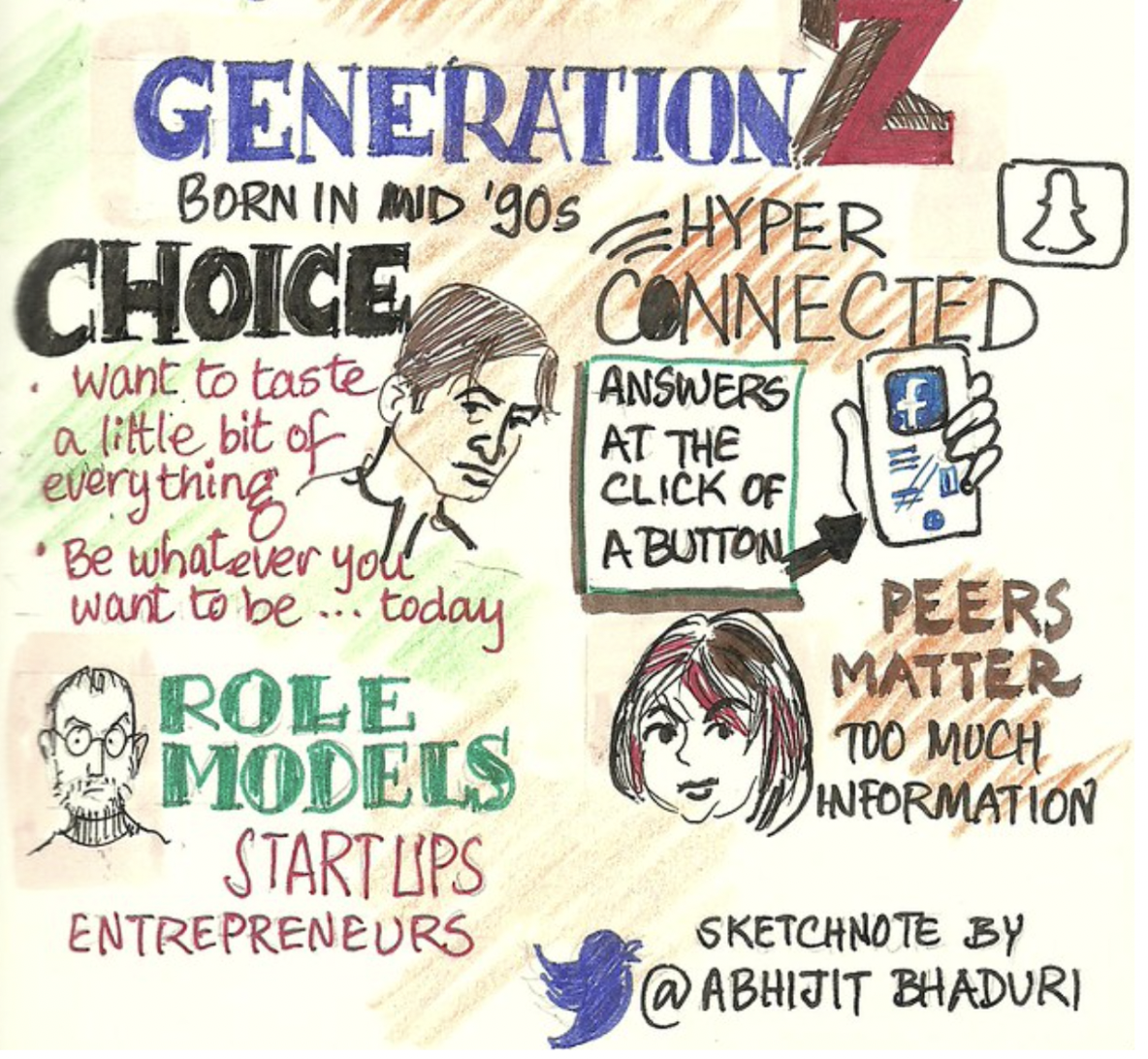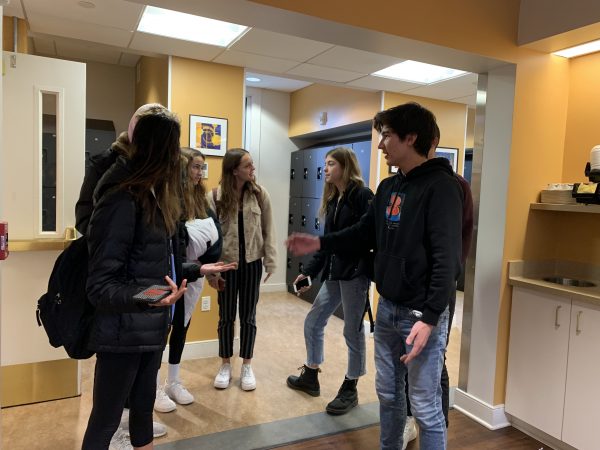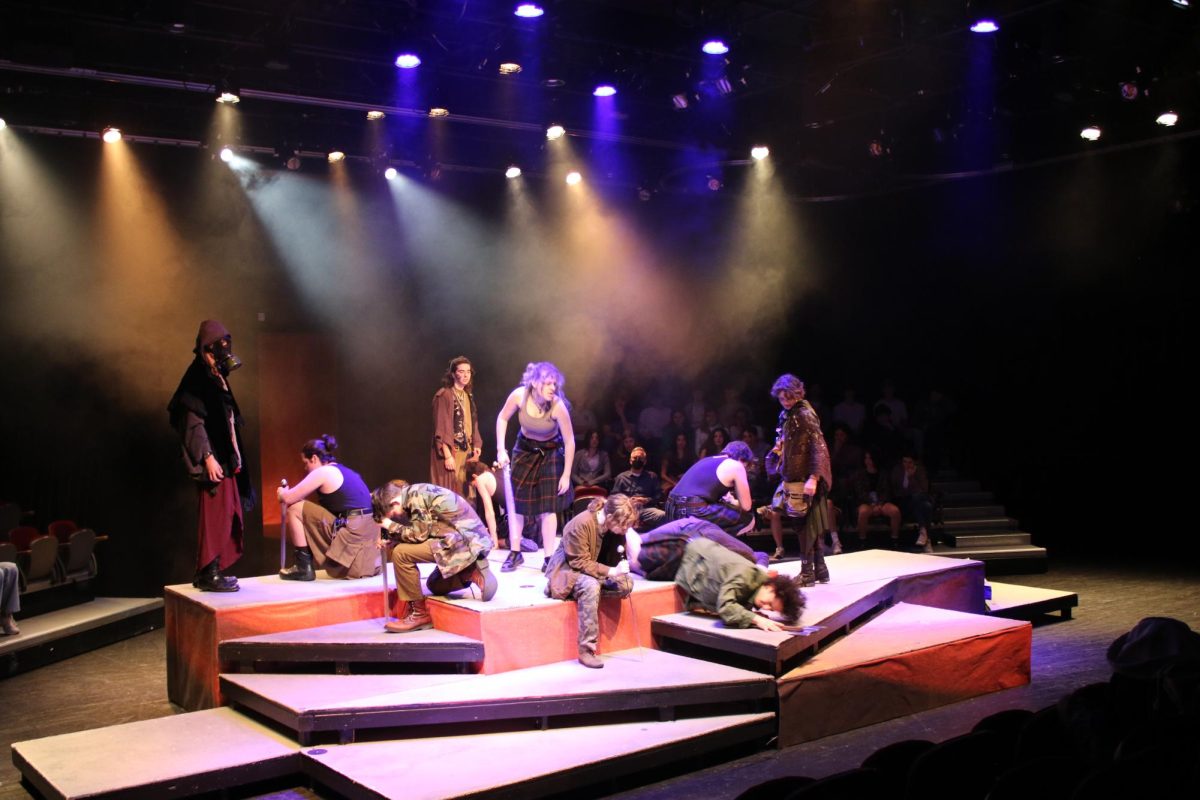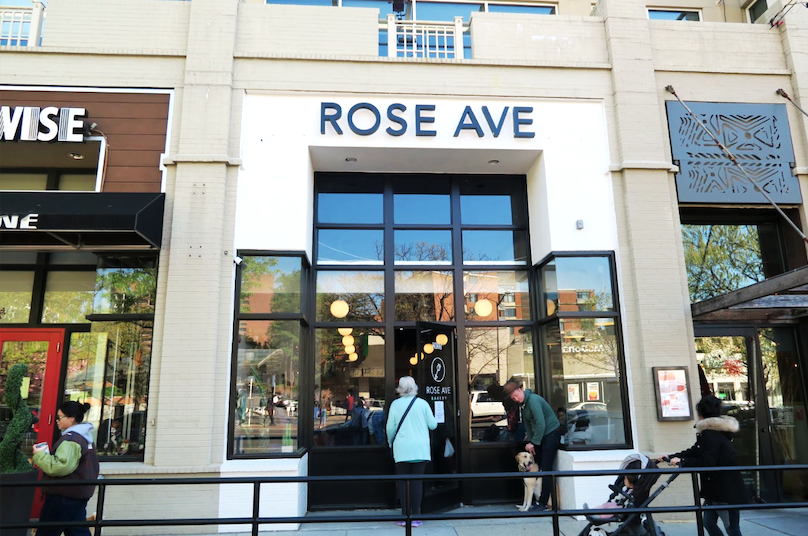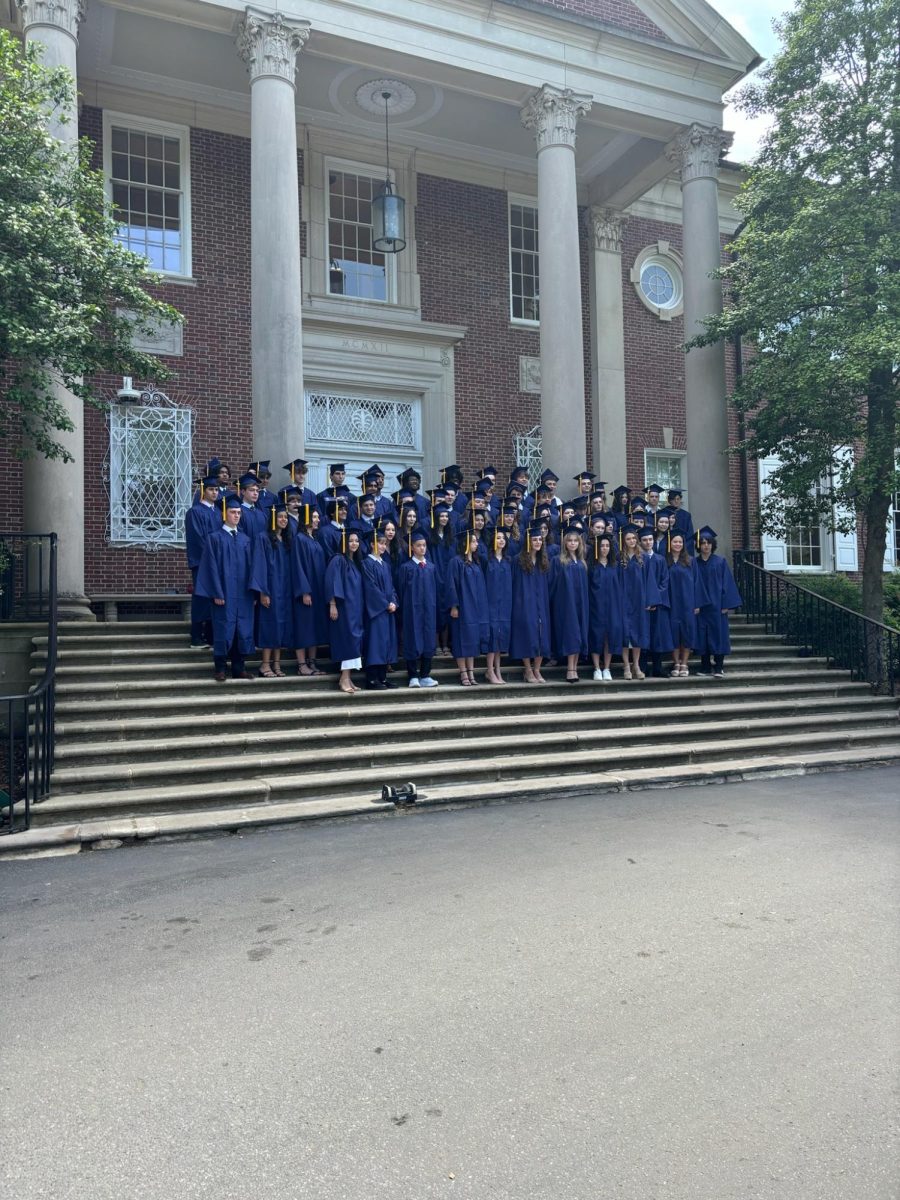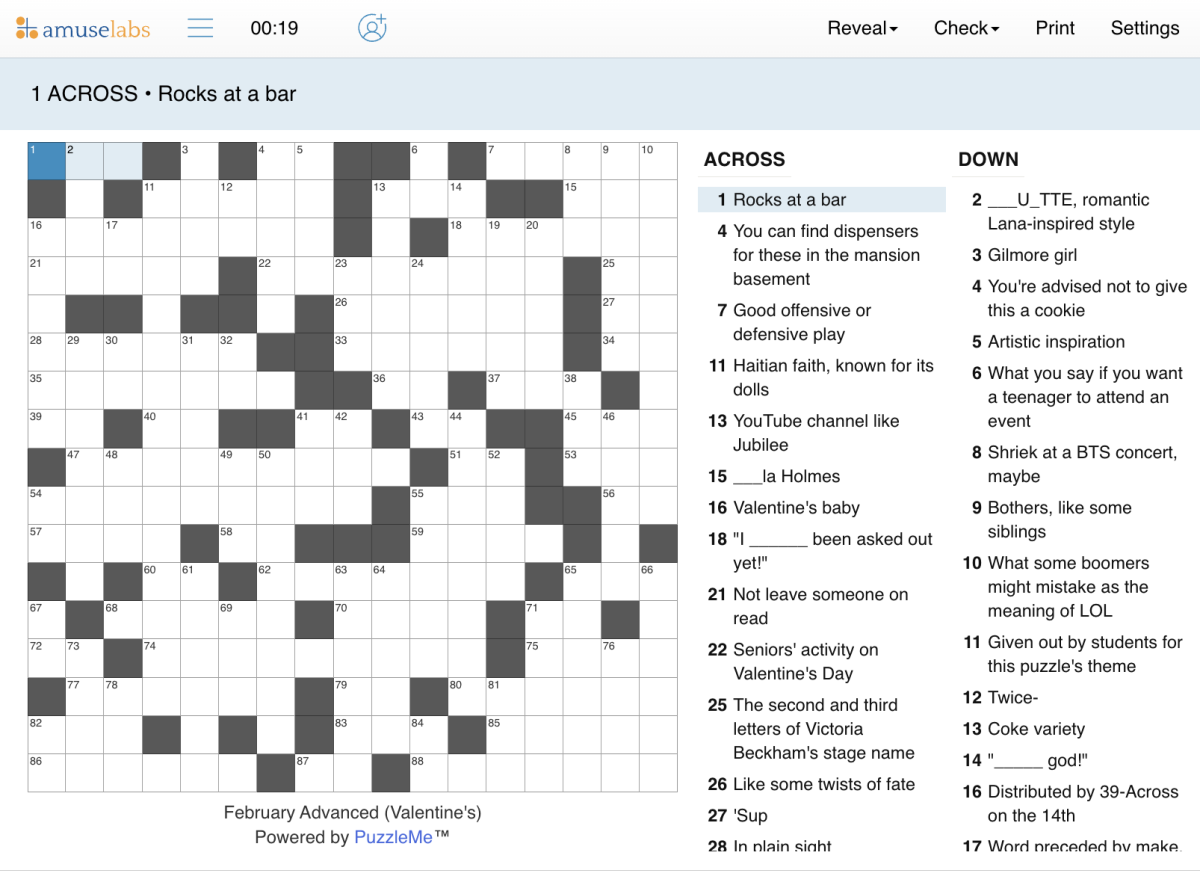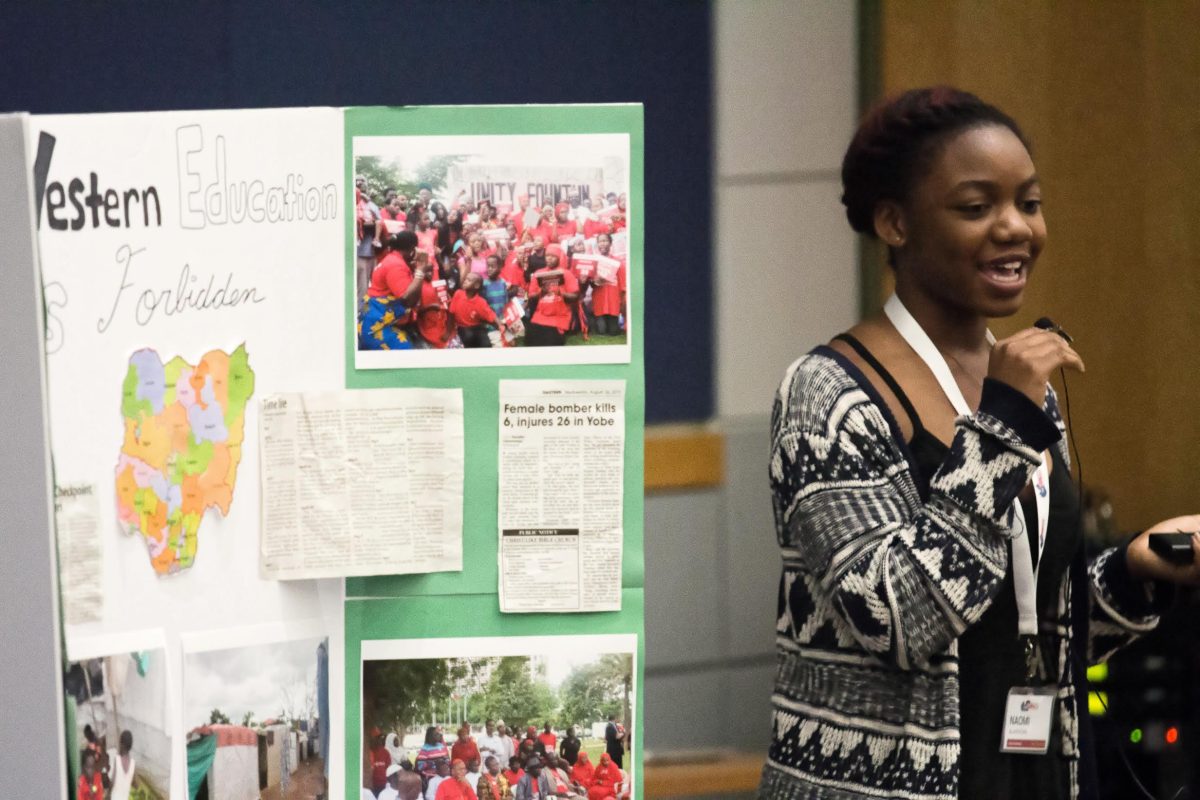In hopes of raising awareness to the misery and suffering cultivated by Boko Haram, Naomi Aladekoba presented her 10th grade personal project at the Washington D.C. GIN conference on March 14th.
Boko Haram— which loosely translates to Western Education is Forbidden— is a Northeastern Nigerian terrorist organization that operates in neighboring countries of Niger, Cameroon, Chad, and Benin. They have killed 20,000, displaced 2.5 million, and placed fear in the hearts of Nigerians worldwide, including Naomi’s family. In April 2014, they were responsible for kidnapping 276 girls in the Borno State, a northern Nigerian territory where Boko Haram is centered. With that in mind, Naomi travelled to Nigeria to film a documentary detailing the pain of the Nigerian people.
“The majority of the filming was during the week when I was in the capital of Nigeria. I went to an IDP camp [camp for internally displaced persons]. These people had to pack up and leave their homes when the insurgents came and the military wasn’t there to protect them. The IDP camp that I visited had 4,000 people and there wasn’t enough food, or water, to support them. They were frustrated because they were in a vicious cycle of poverty,” Naomi said.
After listening to all the different stories, there was one question that came to mind: why doesn’t the media and the press cover this issue more? After months of searching for the answer, Naomi still does not know the reason as to why the American media does not report more on Boko Haram’s heinous actions.
In an informal search of news stories from around the world since 1978, not only are there more than twice the amount news articles covering ISIS than Boko Haram, only 16% of Boko Haram related articles worldwide are written in North America. In comparison, 50% of ISIS related articles worldwide were written in North America.
“I don’t really understand why the media doesn’t talk about it more. I guess the U.S. doesn’t really see it as such a big issue as ISIS because it hasn’t affected other people in other continents. But it really has, especially for Nigerians living inside the United States. This is horrific to see,” Naomi said.
Naomi decided that it was her job to tell the stories of the victims of Boko Haram. She channeled in all the pain and started listening, talking, and filming the victims and their living conditions to give the voiceless a voice once again.
“I was listening to the stories that never really get told. [They] are the ones about people who have lost everything. And their stories touched me because they were so heartbreaking. They don’t have homes. They don’t have anything really. They talked to me because the way they was it by helping me with my project, they were helping themselves,” Naomi said.
While the media does not cover the Boko Haram crisis a great deal, there are activist groups in Nigeria that do. During her summer trip to Nigeria, Naomi met with the Bring Back Our Girls campaign, an activist group dedicated to finding the abducted Nigerian girls. There, Naomi, spoke to the leader, Aisha Yesufu, at the rally she was participating in.
“She’s actually one of my heroes… She started this global movement that was something that was such a personal connection for me. I did this project because I’m in school and these girls were kidnaped for that same reason,” Naomi said.
Yesufu played a major role in the fight for access to a quality education in Nigeria. At the Bring Back Our Girls rally, she declared that education will allow Nigeria to become prosperous and peaceful once again while also invalidating the belief that women are not entitled to the same level of education as men because of religious reasons.
“If there’s no education, how will there be life. For god has told us, if you do not have knowledge on him, how will you worship him. You can not worship him if there’s no knowledge. How will you know about your religion, if you refuse to learn,” Yesufu said.
Naomi took inspiration from the Bring Back Our Girls campaign’s dedication to spreading awareness and to helping the Nigerian people and joined a program called LearnServe, whose mission is to “equip high school students from diverse backgrounds with the entrepreneurial vision, tenacity, confidence, and leadership skills needed to tackle social challenges at home and abroad.” She created a program that would help the victims of Boko Haram on a long time basis rather than over a short period of time.
“I joined program called LearnServe to educate children in IDP camps. So basically I’m going to send textbooks because they have about 400 children there and the camps don’t have schools. I definitely want to extend and improve it over time so that I can raise awareness, which is a big part of my goal,” Naomi said.
Although Naomi has developed a thought out plan to help her Nigerian people, there are some obstacles yet to be tackled in order to make her goal a reality. If you are interested in helping Naomi with her LearnServe project or merely interested in spreading awareness, you are welcome to reach out to her on campus.
By Marianna Ioannou

